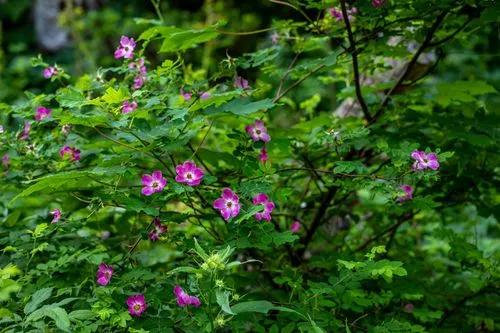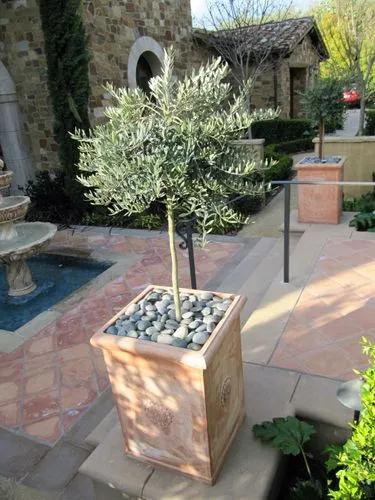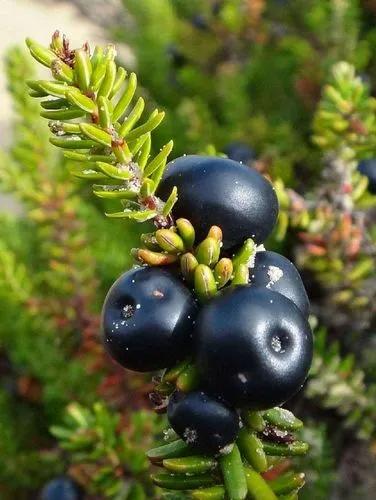fruit tree, species of the genus Annona (Annona) of the family Annonaceae. Its second name is due to the fact that alligators sometimes feed on its fruits.In the literature, there are other plant names: alligator pear, alligator apple, water apple, monkey apple.The homeland of Annona Smooth is Florida and the Caribbean islands. It grows in swampy areas, can tolerate salty sea water, but cannot tolerate dry soil. Annona smooth can be an aggressive weed. For example, in Australia, it settles in estuaries and creates serious problems for the growth of mangroves, interfering with their nutrition, germination and growth.A plant of the humid, lowland tropics The plant can survive occasional, short-lived, very light frosts with temperatures down to 0°c. Prefers a moist sandy loam and a pH of about 6 This species tolerates wetter conditions than most other members of the genus The plant can succeed in places where the soil is inundated for weeks at a time[ Succeeds in marshy areas with saline water This species has become a seriously invasive weed in parts of Australia Especially when planted in wet soils, young plants grow away rapidly
Alligator Apple Care
Annona Glabra
Other names: Alligator Apple, Custard Apple, Monkey Apple



Trees grow up to 10-12 m in height. They have thick gray trunks and sometimes grow on double soles. Leaves are oval-oblong with a sharp end, 8-15 cm long and 4-6 cm wide. Fruits are oblong-spherical the size of an apple or more, 7-15 cm long and up to 9 cm wide, initially green, when fully ripe they turn yellow. They serve as food for many animals. They are also edible for humans and make jam from them, but in terms of taste they are inferior to other types of edible annones (Sour cream apple, Sugar apple, Cherimoya, Cream apple, Ilama, Sonkoya).eed - it has a hard seedcoat and may benefit from scarification before sowing to speed up germination. This can usually be done by pouring a small amount of nearly boiling water on the seeds (being careful not to cook them!) and then soaking them for 12 - 24 hours in warm water. By this time they should have imbibed moisture and swollen - if they have not, then carefully make a nick in the seedcoat (being careful not to damage the embryo) and soak for a further 12 hours before sowing. The plant usually breeds true to type Sow in individual pots, not deeper than 2cm, at 21c Seeds may be sown directly into the field or in a nursery bed A germination rate of 60 - 70% can be expected, with the seeds sprouting within 50 - 60 days Seedlings are ready to plant out 7 - 8 months later Semi-ripe cuttingsSeedlings are useful as a rootstock for other Annona species in wet soils The seeds serve as inse A useful fibre is obtained from the bark. It is sometimes used locally The sapwood and heartwood are not clearly demarcated. The brown wood is light in weight, soft and easily sawn, moderately resistant to rot. It is used for making bottle stoppers, oars and as a substitute for cork in fishing nets
How to Care for the Plant

Popularity

253 people already have this plant 28 people have added this plant to their wishlists
Discover more plants with the list below
Popular articles






